A&S in the News

From exploring the cause of a major dinosaur extinction event to fighting future pandemics, faculty in the College of Arts and Sciences are answering longstanding questions to help make the world healthier, more hopeful and more human. Top-tier media outlets turn to A&S professors for their perspectives and opinions on events and issues making headlines. Below is a recent selection of quotes, insights and interviews by professors in A&S.
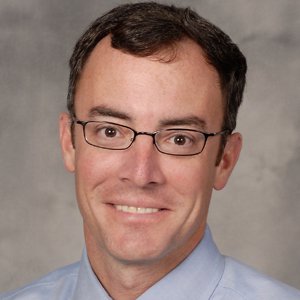
Psychology Professor Kevin Antshel was quoted in NBC News and USA Today regarding Instagram and TikTok’s decision to pull ads from startup company Cerebral that linked ADHD to obesity. Antshel said that Cerebral’s ads painted an incomplete picture of the condition, adding that they appeared to be playing on concerns among Americans about “being thin and concerns with diet and weight loss.”
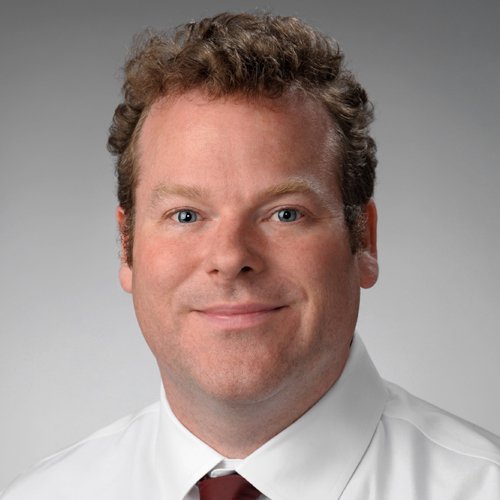
Duncan Brown, Charles Brightman Endowed Professor of Physics, was recently quoted in the Boston Globe, Business Insider and Wonderful Engineering regarding the release of the first image of a supermassive black hole at the center of the Milky Way galaxy. The image, captured by the Event Horizon Telescope, helps confirm predictions from Einstein's theory of general relativity.
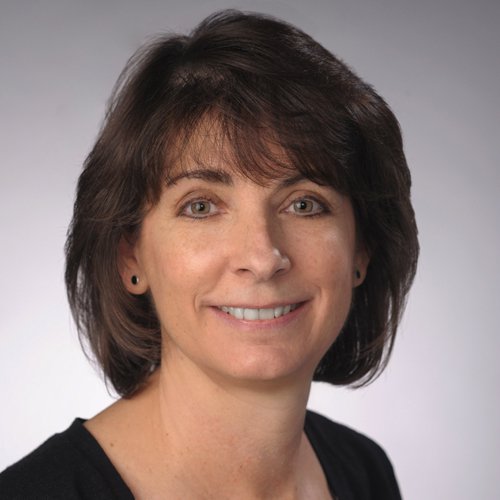
Kathleen Corrado, executive director of the Forensic and National Security Sciences Institute (FNSSI) in the College of Arts and Sciences, was recently interviewed on the Criminology Academy podcast. In the episode featuring Corrado, she spoke about her experiences as a forensic science practitioner for over 25 years and how advancements in DNA analysis techniques have changed the field.
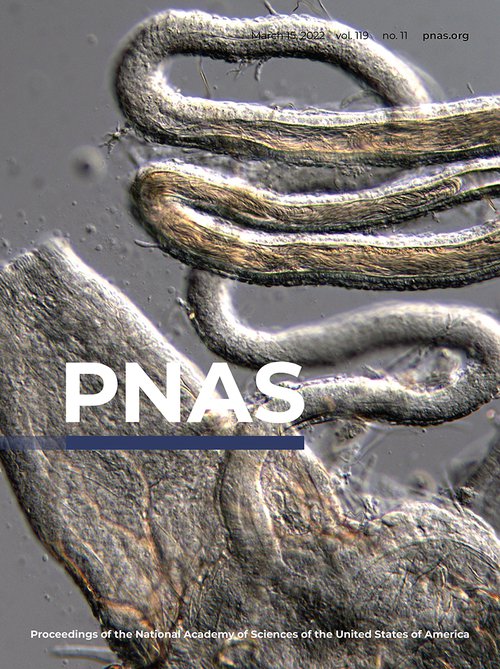
Biology Professors Steve Dorus and Scott Pitnick’s novel research on the life history of fruit fly sperm was featured on the March 15 cover of PNAS. In addition, their article was highlighted by Phys.org, News Medical, Science Daily and Technology.org.
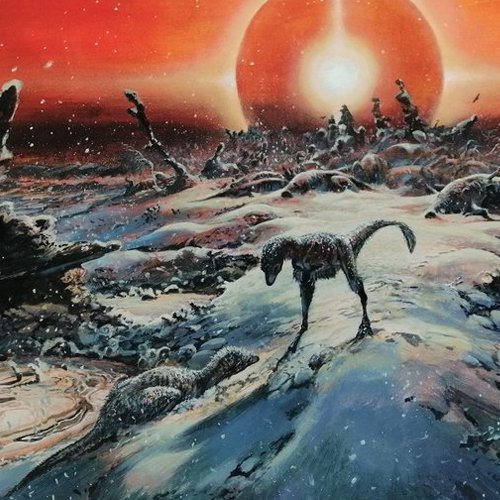
Earth and environmental sciences professors Linda Ivany and Christopher Junium were among a group of scientists whose research published in PNAS shed light on how the Chicxulub impact 66 million years ago resulted in extinction of 75 percent of animals on Earth, including the dinosaurs. The team’s results were featured in Phys.org, BBC, Daily Mail, Newsweek, SciTechDaily, Earth.com, The Independent and many more.
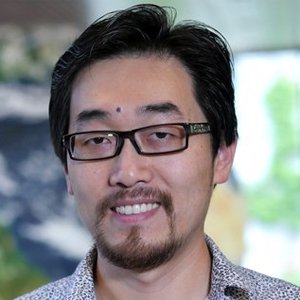
Zunli Lu, professor of Earth and environmental sciences, was among a team of scientists who published a study in Nature Geoscience exploring the cause of the Late Ordovician mass extinction. Their results were features in major publications including Phys.org, Cosmos Magazine, Earth.com and Nature World News.
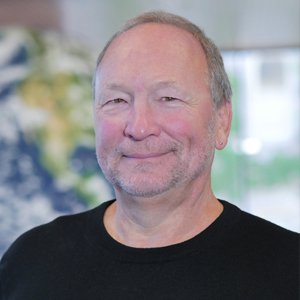
Earth and Environmental Sciences Professor Jeffrey Karson was quoted in a Space.com article investigating how satellites have revolutionized the study of volcanoes.
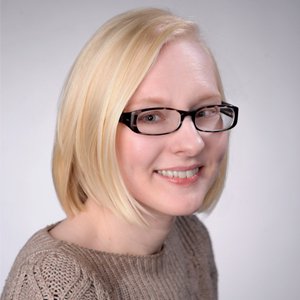
Afton Kapuscinski, associate teaching professor of psychology and director of A&S’ Psychological Services Center, offered advice on how to have conflict-free holiday gatherings in a CNBC article.
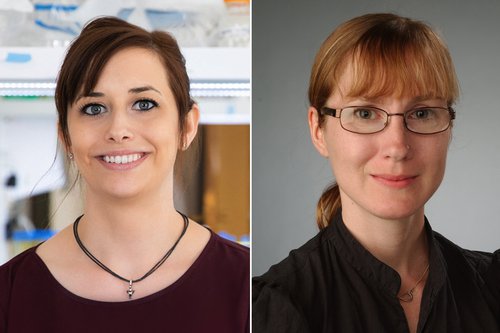
Physics professors Alison Patteson (left) and Jennifer Schwarz were guests on the WCNY program Cycle of Health, where they discussed how their research is helping in the fight to prevent future pandemics.
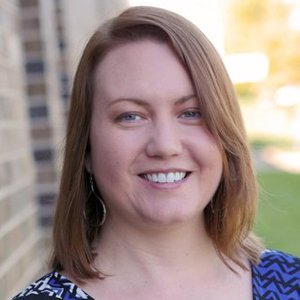
Ellyn Riley, associate professor and director of the Aphasia Research Lab in the Department of Communication Sciences and Disorders, was quoted in a Washington Post article about Bruce Willis’s retirement from acting following a diagnosis with aphasia. Riley offered background on aphasia, which is a communication disorder where people have difficulty understanding language, producing language or both.
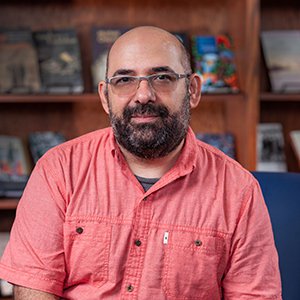
Christian Santangelo, professor and director of graduate studies in the Department of Physics, appeared on an episode of WCNY’s Cycle of Health exploring how biomaterials are pushing the boundaries of medicine.
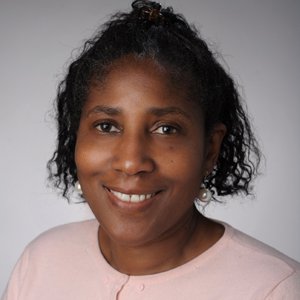
Danielle Taana Smith, professor of African American studies, was quoted in a Yahoo! article titled, “Monica Goods case: Indictment of NY trooper again raises questions over police narrative,” which explored inconsistencies in police reporting.
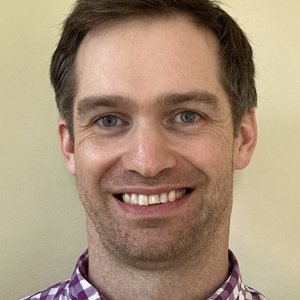
Sam Tuttle, assistant professor of Earth and environmental sciences, was quoted in an AP news article highlighting some of the ways humanity has helped clean up the environment. The piece was also featured on ABC News and many other media websites.
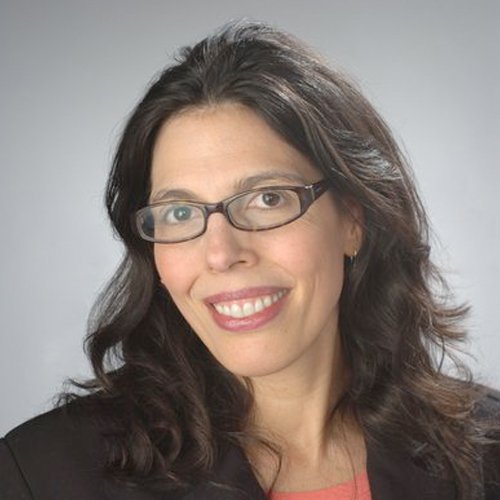
Corri Zoli, an affiliated faculty member and part-time instructor in FNSSI, spoke with NewsChannel 9 about social media’s role in the Buffalo supermarket shooting. Zoli, a counterterrorism expert, said that social media can proliferate extremist ideologies and that preventing such tragedies in the future depends on community members paying attention to early warning signs.


